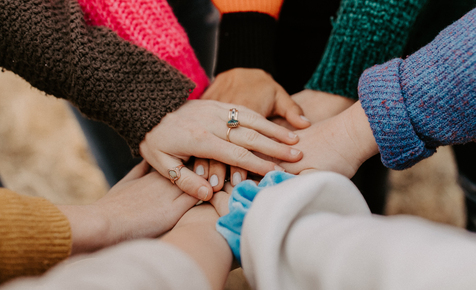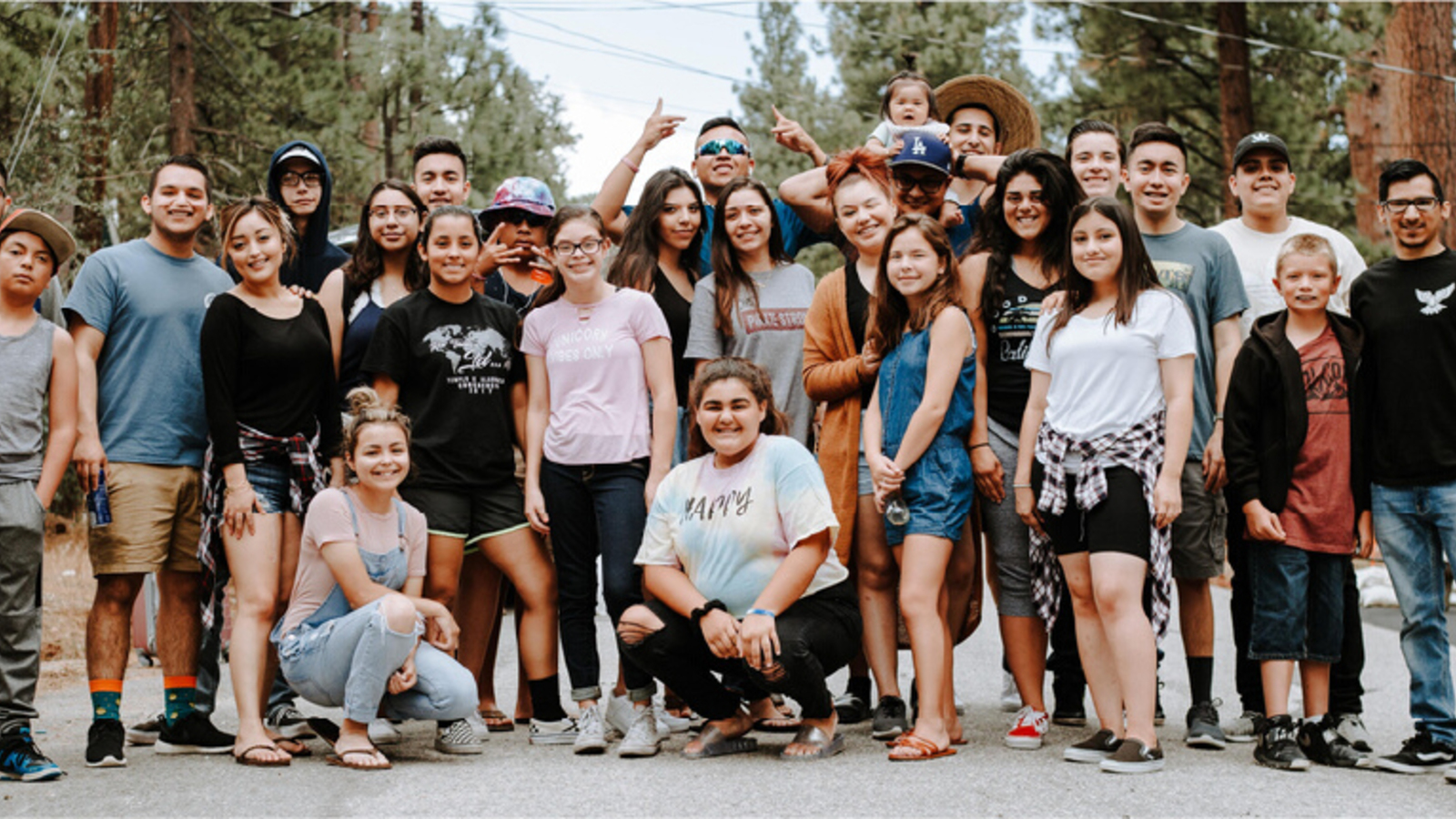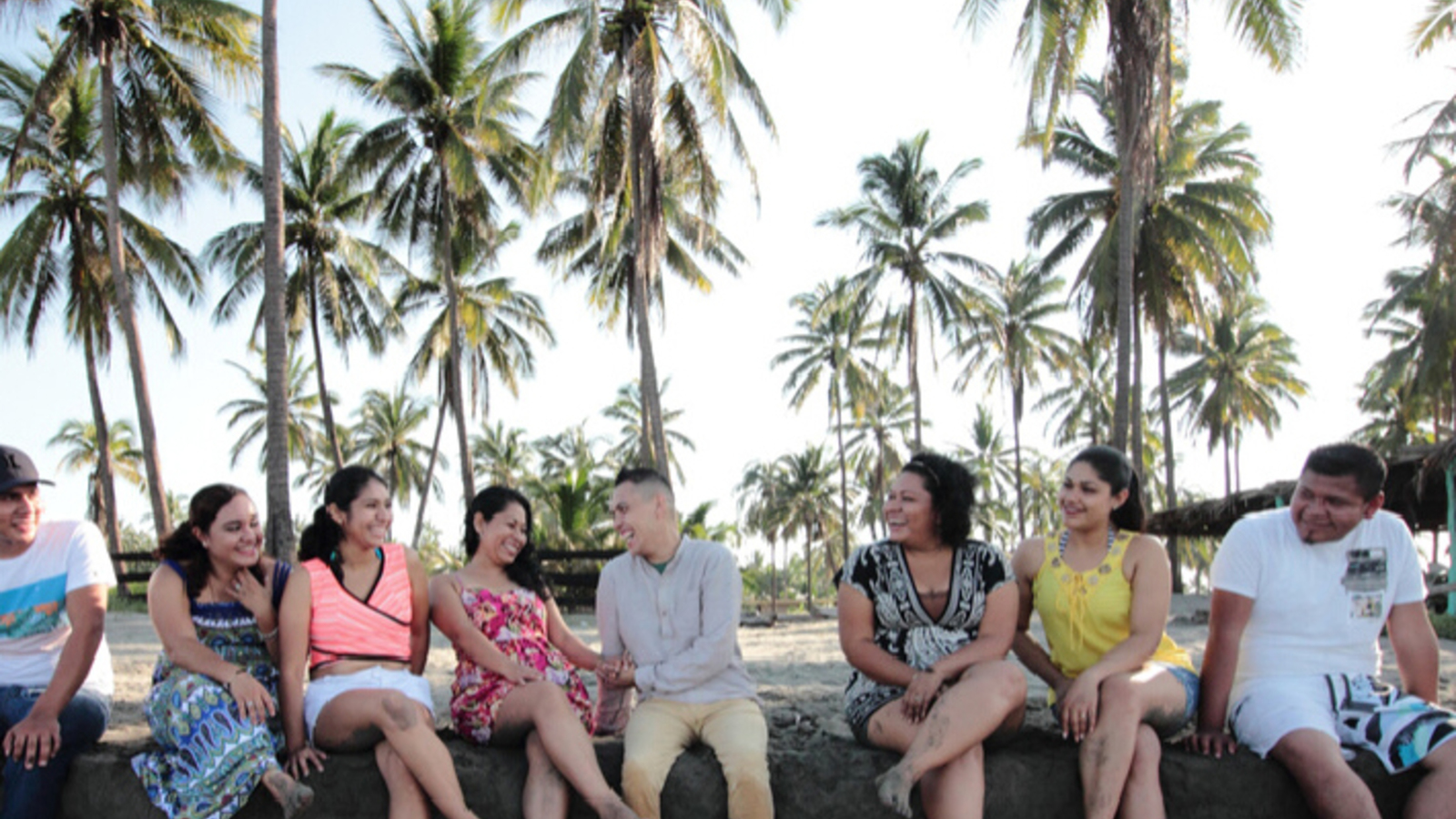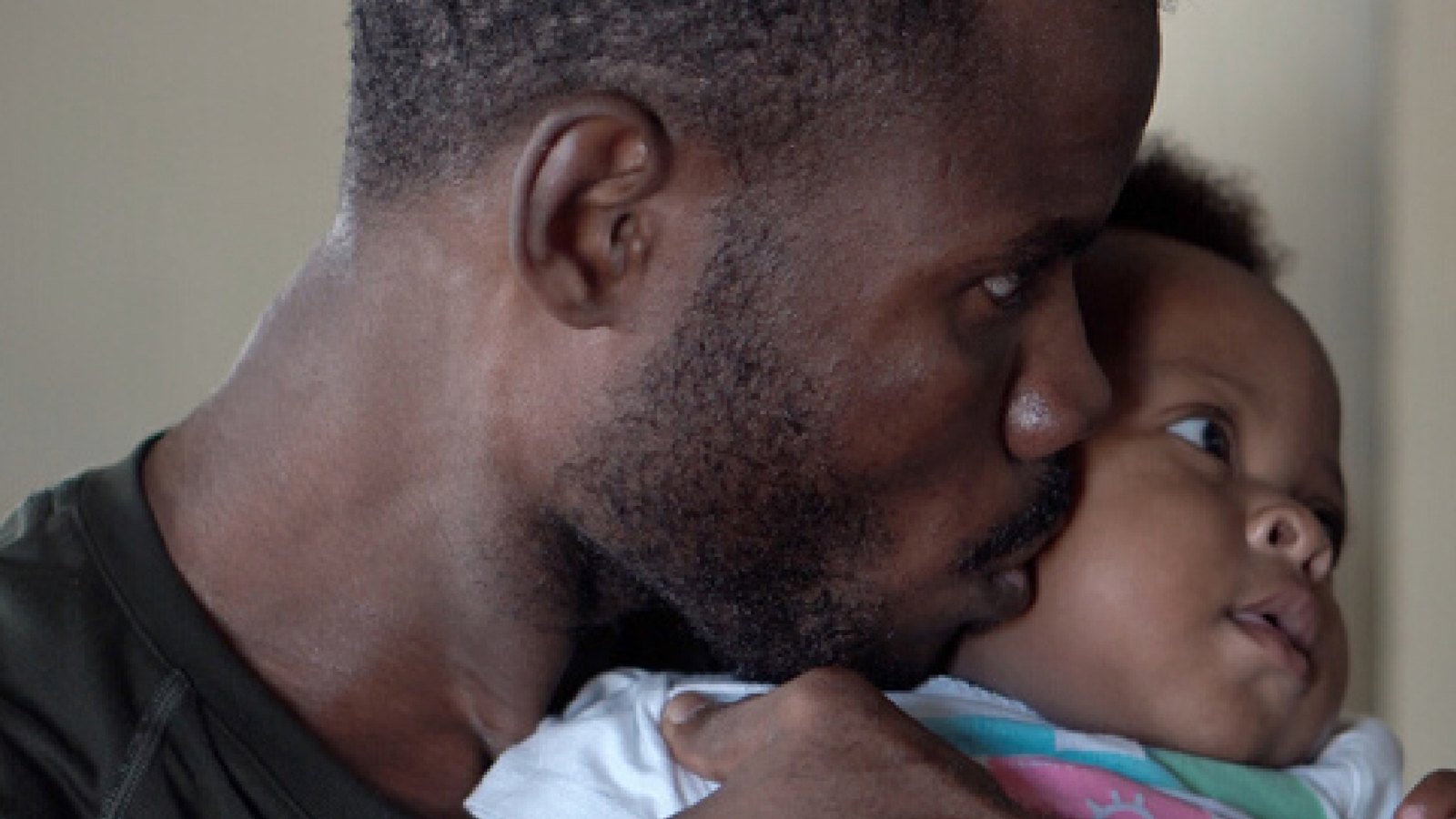Gender Relations
How a society constructs gender roles and relations not only affects everyone’s individual life options; it affects families, education, religion, politics, and economics. When people learn to equate the physical differences between male and female with superiority or inferiority, dominating or being dominated, being served or serving, they internalize a template that can automatically be applied elsewhere: race, religion, ethnic, sexual orientation, etc..
Family/Childhood Relations
Neuroscience shows that what children experience and observe, starting at birth, determines how our brains develop and therefore how we think, feel, and act. Infants and children absorb partnership or domination worldview's from parents' relationships with each other and from their relationships with parents and siblings, long before they go to school and long before critical mental faculties are developed.
Economic Relations
The gap between haves and have-nots has been growing among and within nations. This is a crisis. Moving to a more robust, sustainable and humane economics is not only vital for human and environmental reasons, but for purely economic ones. A caring economics of Partnerism recognizes that the real wealth of our world consists of the contributions of people and of nature.
Narratives/Language
We need the language of partnership systems to transcend old categories and to describe beneficial social and economic systems. A caring democracy requires accurate narratives about 'human nature'. This will require a concerted effort in which the arts, music, literature, and education are informed and inspired by science and caring values.




















